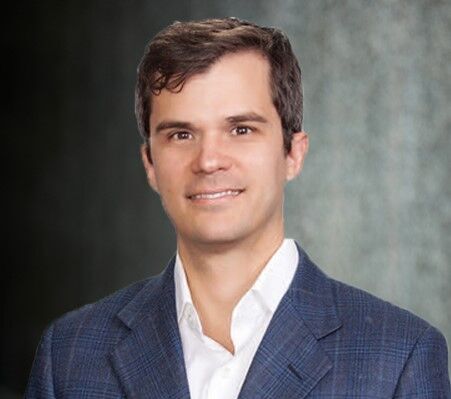The Epilepsy Institute of New Jersey is a team of board-certified neurologists and neurosurgeons who provide expert care for a variety of pediatric neurological conditions, including Landau-Kleffner syndrome. Our team uses advanced diagnostic tools and innovative treatment techniques to ensure the best outcomes for your child.
The Physical Impact
Landau-Kleffner syndrome (LKS) is a rare childhood neurological disorder characterized by a sudden or gradual loss of language and comprehension abilities, typically after the child has developed normal language skills. This regression is often accompanied by abnormal electrical activity in the brain and seizures, most commonly affecting the temporal lobes. The resulting language impairment can significantly impact communication, social interactions, and overall quality of life.
How Common Is This Condition?
Landau-Kleffner syndrome is a rare form of epilepsy, often affecting children between the ages of 3 and 7. While the exact cause is not fully understood, abnormal brain activity in regions responsible for language processing is thought to trigger the loss of speech and comprehension. Genetic, immunologic, or other factors may play a role, but more research is needed to fully uncover the underlying causes.
Risk Factors:
- Family history of epilepsy or language disorders
- Co-occurring developmental delays or neurological conditions
- Potential autoimmune or inflammatory processes affecting the brain
Signs and Symptoms
Children with Landau-Kleffner syndrome may exhibit:
- Language Regression: A sudden or gradual loss of previously acquired speech and understanding.
- Seizures: Often focal (partial) seizures, but can include other seizure types.
- Auditory Agnosia: Difficulty recognizing or interpreting spoken language.
- Behavioral Changes: Irritability, frustration due to communication challenges.
- Sleep Disturbances: Seizure activity may intensify during sleep.
How We Diagnose
At the Epilepsy Institute of New Jersey, diagnosing Landau-Kleffner syndrome requires a thorough evaluation of your child's language abilities, seizure patterns, and overall neurological health. Our comprehensive diagnostic approach may include:
- EEG (Electroencephalogram): Detects abnormal brain activity, especially during sleep, which is critical for diagnosing LKS.
- MRI (Magnetic Resonance Imaging): Rules out structural abnormalities that could affect language areas.
- Speech-Language Assessments: Evaluations to quantify the loss of receptive and expressive language skills.
- Neuropsychological Testing: Helps gauge cognitive, social, and developmental functions.
By understanding each child's unique presentation, we can develop a personalized treatment plan to address both seizures and language deficits.
Treatment Options
Managing Landau-Kleffner syndrome focuses on controlling seizure activity and restoring or compensating for lost language skills. Treatment may include:
- Anti-Seizure Medications: Used to reduce abnormal electrical activity and seizure frequency.
- Corticosteroids or Immunotherapies: In some cases, anti-inflammatory treatments can improve neurological function.
- Speech and Language Therapy: Critical for helping children rebuild or strengthen communication skills.
- Behavioral and Educational Support: Collaborative efforts with educators and therapists can enhance learning and social integration.
- Medical Devices or Surgery: For difficult-to-treat cases, options like vagus nerve stimulation (VNS) or epilepsy surgery may be considered.
The Epilepsy Institute of New Jersey employs a multidisciplinary approach to help children regain functional language and minimize the impact of seizures.

Our Commitment to Your Child's Health
“I am neurosurgeon living in New Jersey, board-certified by both the American Board of Neurosurgery (ABNS) and Pediatric Neurosurgery (ABPNS). I specialize in the surgical treatment of complex epilepsy and serve as the Director of the Epilepsy Institute of New Jersey, Chief of Pediatric Epilepsy Surgery at Sanzari Children's Hospital, and Chief of Pediatric Neurosurgery at Children's Hospital of NJ, where I provide exceptional care for children with complex neurological conditions. Your child's health and well-being are our top priorities.”
